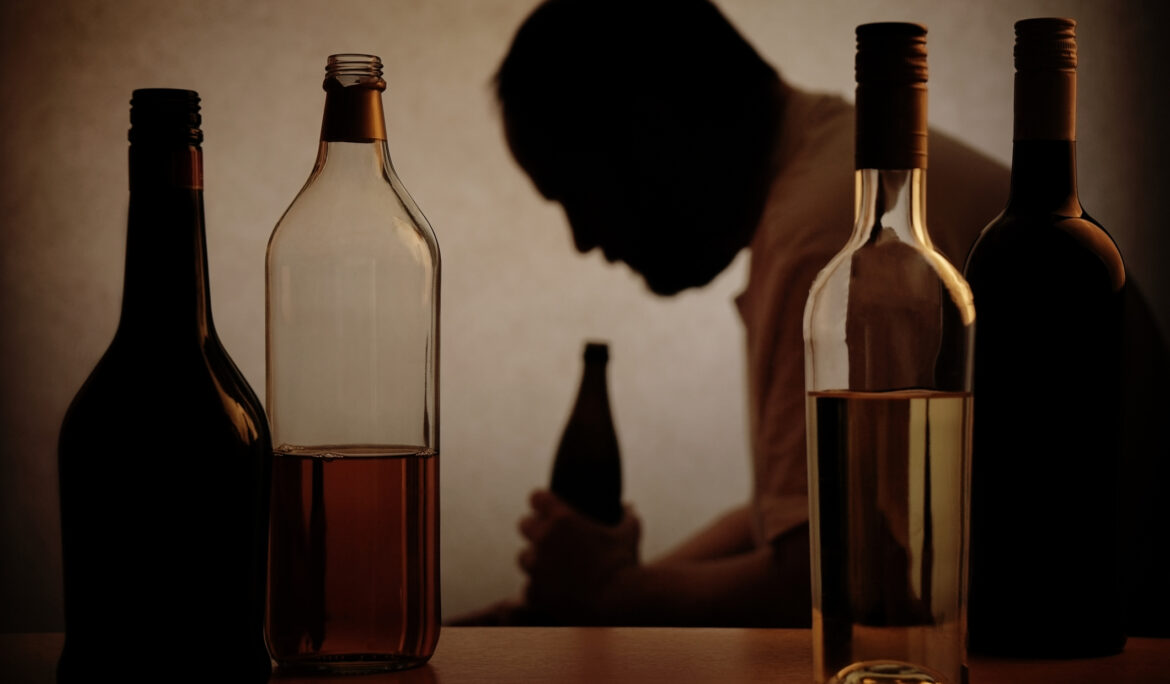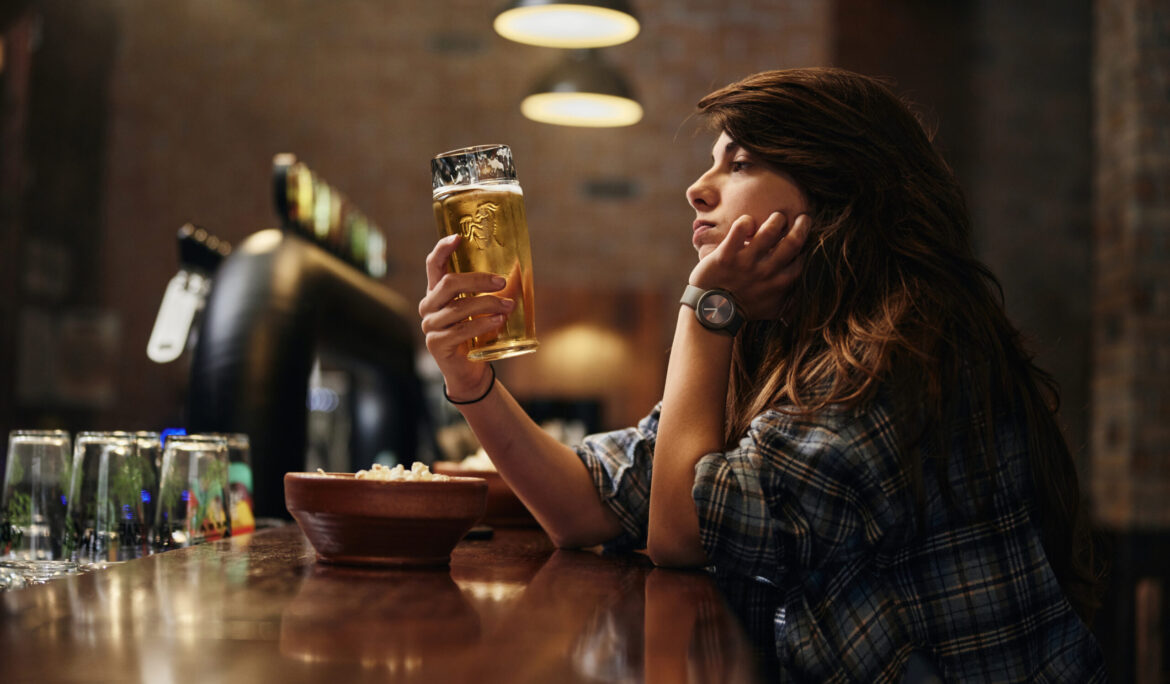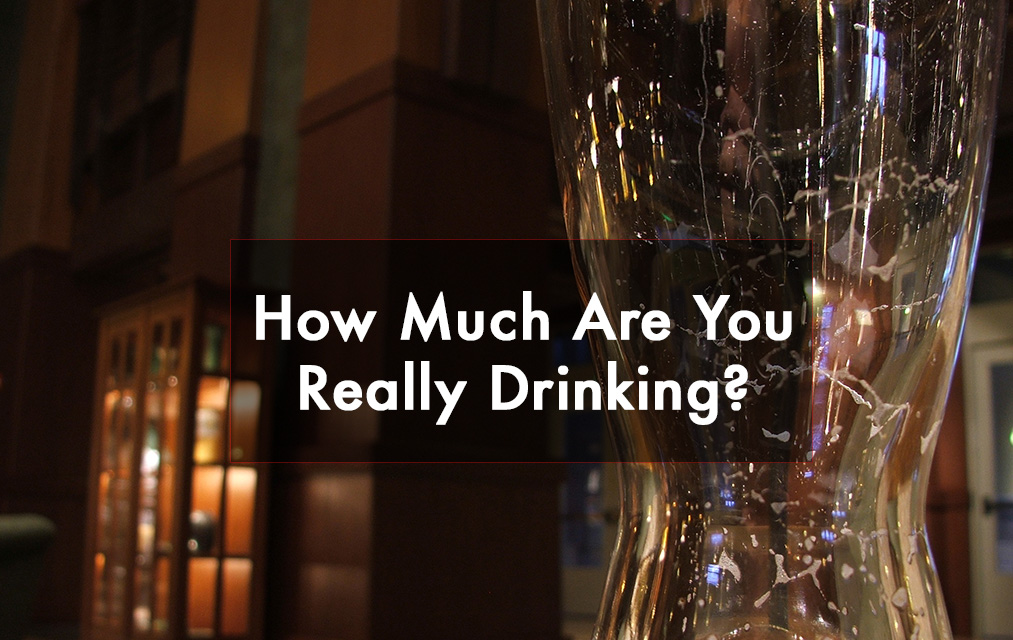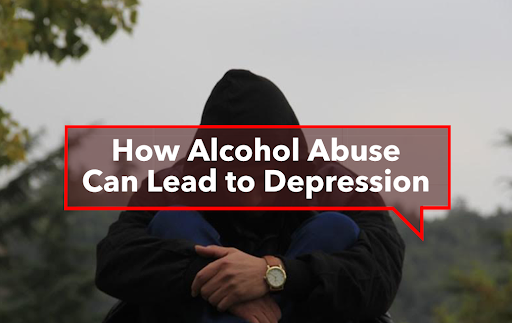The Escalation of Alcoholism: Understanding the Link Between Alcohol Abuse and Depression
Alcohol and Depression: A Vicious Cycle Alcohol abuse and depression are often intertwined, creating a vicious cycle that can be difficult to break. Research indicates a strong relationship between the two, with each condition exacerbating the other. When individuals rely on alcohol as a coping mechanism, their mental health can deteriorate further, leading to a dangerous downward spiral. The Science Behind the Connection Binge drinking and alcoholism have clear connections to depression. According to Healthline, alcohol can alter brain chemistry, affecting neurotransmitters that regulate mood. Initially, alcohol may produce feelings of euphoria and relaxation. However, as dependence develops, the brain begins to …
Breaking the Silence: The Hidden Risks of Alcohol
April is not just the month of showers bringing May flowers; it’s also designated as Alcohol Awareness Month. Purposed to raise awareness about the risks associated with alcohol abuse and alcoholism, Alcohol Awareness Month emphasizes education as a means to increase prevention. As we delve into this topic, it’s essential to understand the patterns of alcohol consumption, its impact on sexual behavior, and the broader health implications. Patterns of Alcohol Consumption & Sexual Behavior According to a study published in the National Center for Biotechnology Information, participants reported binge drinking on 52% of drinking days. This statistic underscores the prevalence of …
Don’t Drop Into Depression By Drinking
In the realm of mental health, the connection between alcohol abuse and depression is a topic that demands attention and understanding. Through a blend of insights from reputable sources, including AARP, the American Addiction Center, and The Washington Post, we embark on an educational journey to comprehend the intricate relationship between these two prevalent issues. The Long-Term Impact of Alcohol on Mental Health In AARP’s article titled “Could Alcohol Be Fueling Your Depression?” experts delve into the enduring repercussions of alcohol consumption on mental well-being. The article underscores how prolonged exposure to excessive drinking can exacerbate depressive symptoms, particularly in cases of …
How much are you really drinking?
This blog aims to help you understand the different types of alcohol and how much you drink. If you look up alcohol consumption guidelines, they will tell you that a “drink” is 12 fluid ounces of beer, five fluid ounces of wine or 1.5 fluid ounces of 80-proof liquor like vodka or rum. But how do we know if every can of beer has the same amount? Is there more to learn? Why do we have alcohol guidelines? There are many reasons folks turn to alcoholic beverages; lately, those reasons appear insurmountable. “Consuming alcohol as part of a balanced lifestyle …
How Alcohol Abuse Can Lead to Depression
It’s no secret that college students are known for drinking to excess. But what many don’t know are the links between alcohol abuse and depression. Alcohol changes the brain’s chemistry, and when someone drinks too much regularly, they’re more likely to develop depression or other mood disorders. It may be hard at first, but you should talk with your doctor about how you can cut back on drinking before it leads to something worse. Connections Between Depression and Alcoholism Alcohol abuse and depression disorders have a two-way relationship. Both can coexist and are prevalent psychiatric conditions that frequently occur together; each …









